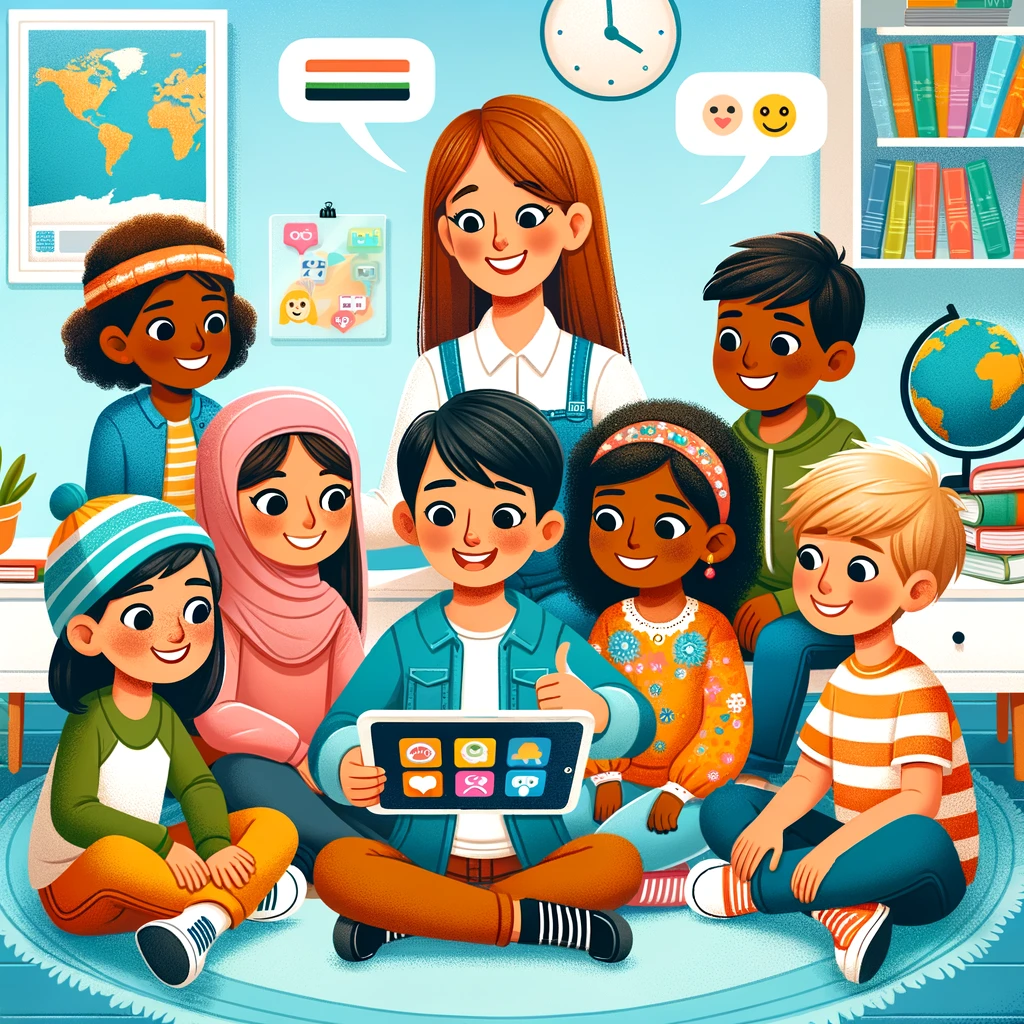How to Teach Social Media Etiquette to Children

In the digital age, social media is a vibrant part of our children’s lives. It can be a fantastic tool for learning and connecting, but it also comes with its unique set of challenges. Teaching social media etiquette to children is crucial for ensuring they interact online in a responsible and respectful manner. Here’s how you can guide them:
1. Start Early and Set Examples
Begin conversations about social media use at a young age. Children often imitate adult behavior, so set a good example with your own social media habits. Discuss what you’re doing and why when you post or share something online.
2. Explain the Public Nature of Social Media
Ensure your children understand that once something is online, it’s potentially there forever. Teach them to think twice before posting and to only share what they would be comfortable with the whole world seeing.
3. Highlight the Importance of Respect
Respect is key in both the real world and online. Encourage your children to treat others as they would want to be treated. This includes not posting hurtful comments and respecting people’s privacy.
4. Discuss Online Empathy
Talk about how words and actions online can affect others. Encourage them to consider other people’s feelings and perspectives, fostering empathy and understanding in their digital interactions.
5. Encourage Authenticity
Teach your children the value of being themselves. Social media can sometimes prompt people to present only the best parts of their lives, which can be misleading and unhealthy. Encourage honesty and authenticity in their posts.
6. Set Boundaries and Rules
Create clear rules about social media use, like what platforms are appropriate, how much time they can spend online, and what kind of content is off-limits. Regularly review these rules as your child grows.
7. Monitor and Mentor
Stay involved in your child’s online life. This doesn’t mean breaching their privacy but being aware of the platforms they use and the content they engage with. Use these observations as discussion points.
8. Promote Positive Online Activities
Guide them towards positive online activities and communities. Encourage them to use social media for learning, exploring hobbies, and positive interactions.
9. Teach Them to Handle Negative Situations
Educate your children about dealing with negative experiences online, like cyberbullying or uncomfortable conversations. Teach them to come to you or another trusted adult if they encounter problems.
10. Frequent Check-ins and Conversations
Regularly check in with your child about their online experiences. Keep the lines of communication open so they feel comfortable discussing both the good and the bad.
Incorporating these strategies can help your child navigate the complex world of social media with etiquette and respect. Remember, your involvement and guidance are key to their understanding and growth in the digital world.


